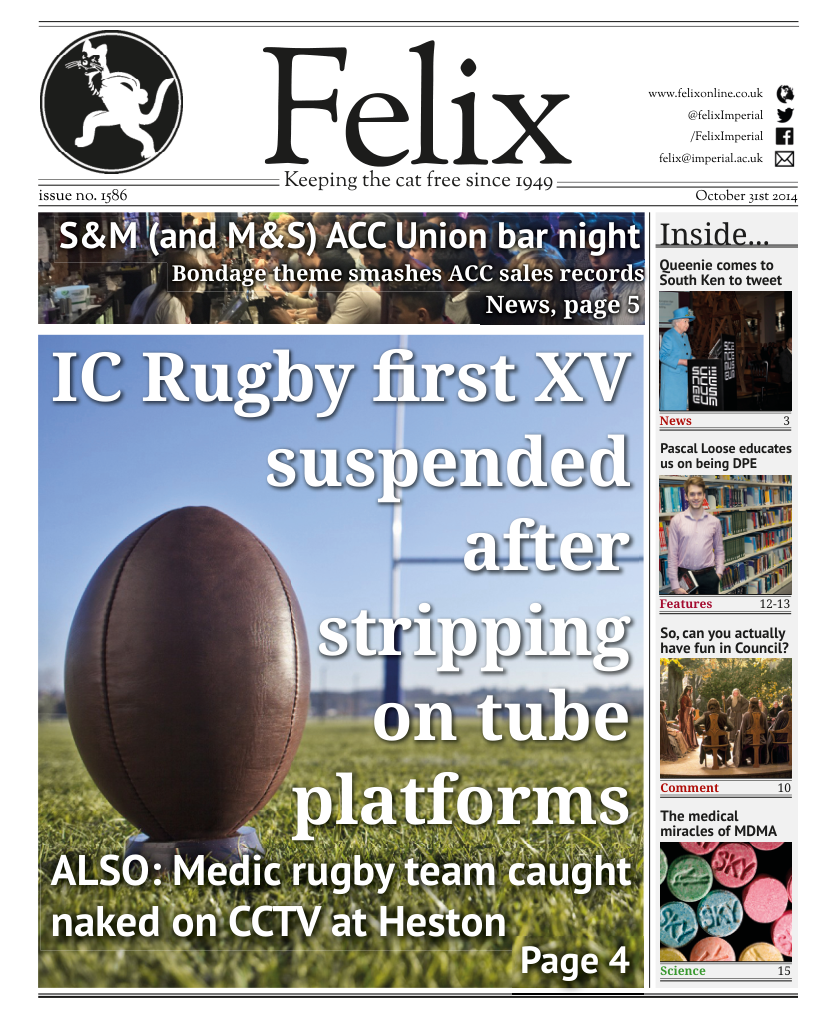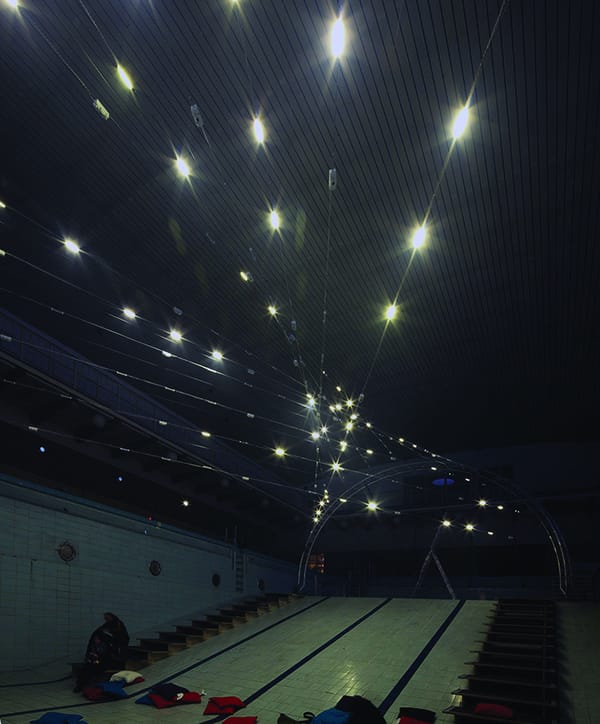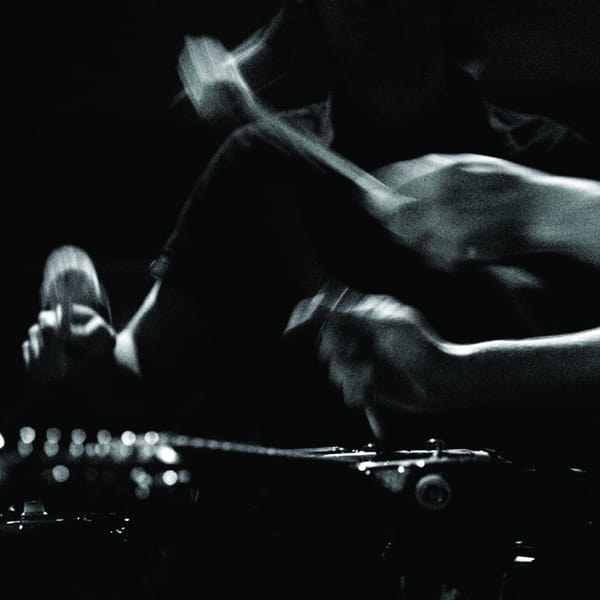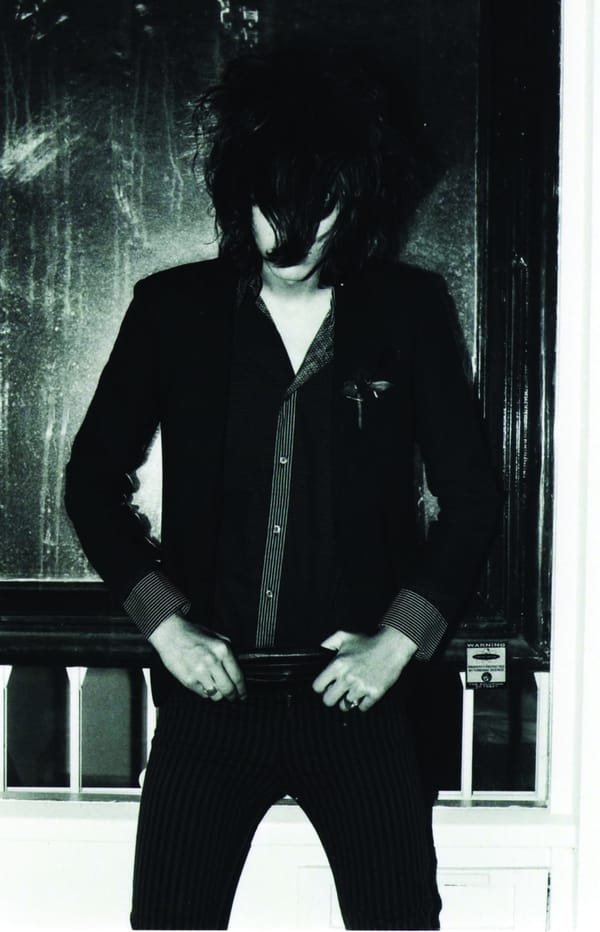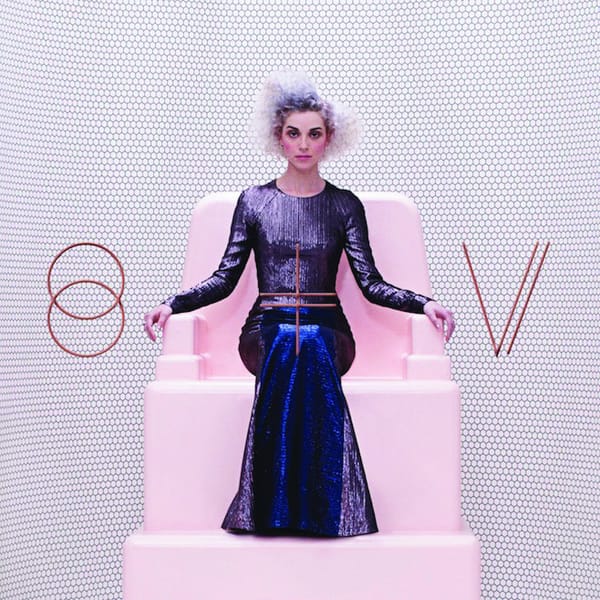The evolution of pop
Amna Samar Askari discusses her thoughts on a changing genre
_(14561598924).jpg)
Lady Gaga’s upcoming ARTPOP Ball tour hits the UK this November, with tickets starting at just £13 in comparison to the atrocious minimum £70 for any Lady Gaga gig around three years ago.
The charts are now dominated by unique and brilliant vocals and compositions from upcoming artists like Lorde, Sam Smith, Ariana Grande, and Clean Bandit. Big names like Justin Timberlake and Taylor Swift have only managed to sustain their popularity by mixing up their music with different genres and styles in their new albums.
Pop music is slowly being redefined from where it got to in the mid to late 2000’s to a new amalgamation of indie, soul and electronic tunes. People are finally starting to appreciate real music and meaningful lyrics as opposed to changing their Facebook statuses to “Which seat can I take?”
Although it was finally time to graduate from that mindset, you would be surprised at how hard it is to get basic redundant melodies out of your head, no matter how horrible the lyrics. Essentially, this metamorphosis is not because we opened our eyes, but a result of a combination of things.
Firstly, the recent rise of new radio-based music apps (which obviously comes with an increase in people that download and use them because of the booming smartphone and tablet obsession. There are over 40 million active Spotify users). Established music apps like SoundCloud and Spotify now have automatic playlist generation and recommendation options where you can jump from genre to genre and listen to similar artists. YouTube recently launched a feature where streaming a song automatically directs you to another video playlist which consists of 50+ songs that you might like based on your current choice. Therefore, people’s options are being exponentially multiplied giving them a chance to experience and appreciate new genres and all in all improve their music taste.
Secondly, the ‘Deep house’ obsession. Although deadmau5 was considered cool in 2010, electronic music wasn’t really appreciated as much as it is now. It is obvious by the amount of upcoming and aspiring DJs. Sales of mixing equipment have gone up by around 30% in the last two years, with people focusing on mixing chart music with their own twist, rather than creating endlessly long instrumental samples. Famous clubs and bars have slowly started to play and focus on ‘chilled’ beats rather than Sean Kingston and Chris Brown. Pretty much everyone is just waiting for ‘the drop’ these days.
Also, the antiquation of album sales With the rise of torrents and streaming, most artists today make their money from live performances rather than album sales. This automatically filters out the ones that based their fortune of auto-tune and not actual talent.
Finally, general globalisation and an increasing appreciation of different cultures. Fusion has always been around, but has, thankfully, slowly crept into chart music; a case in point is the loop in ‘La La La’ by Naughty Boy ft. Sam Smith:an excerpt from a classical Indian folk song.
So hurray for pop music not being synonymous with trashy lyrics and auto-tune anymore! Let’s hope that the music industry continues to evolve and appreciate talent from all across the world.

